There is none righteous, no, not one...Book of Romans
© John Puzzo (1996;2007)
While Viet Nam Veterans Got a GI Bill that was inadequate to meet their needs requiring them to borrow money to go to school, and while they had to borrow money at market rates for the privilege of participating in VA guaranteed home loan programs, which of course they had to repay, Russian military officers who opposed them, in some cases almost certainly on the battlefield, got free money from the U.S. taxpayer. American veterans are taxpayers.
Russian Officer’s Resettlement Program
In July 1993, President William Jefferson Clinton Authorized a $160 million housing program to provide 5,000 housing units for ‘demobilized’ (translation: retired) Russian military and intelligence officers.
Contrast this egregious giveaway to members of the Russian military who oppressed millions of people and who may have killed Americans in their 30 year military career to the paltry GI Bill that Congress created for the Viet Nam War veteran.
This ‘activity,’ as the Russian Officer’s Resettlement Program is referred to by members of Congress who voted for the expenditures, included both the direct construction of housing and the provision of cash vouchers used to purchase existing or newly constructed houses and wrote into the law that the Russians were not to be charged taxes in Russia for the American cash.
Using Russian banks as depositories for the American money, cash vouchers were issued to the retired Russian officers beginning in July 1994; construction on their new homes started in December of 1994. The program ran through 1995.
“In response to agreements between the President of the United States of America and the President of the Russian Federation in April and July of 1993, the governments of the two countries agreed to undertake a project designed to provide up to 5,000 units of housing for Russian military officers demobilized from the Baltics or elsewhere outside Russia, and to support reforms in the Russian housing sector (emphasis added). The governmental agencies responsible for the implementation of this project were the United States Agency for International Development (USAID) and, on the Russian side, the Interministerial Committee for the Implementation of the State Program “Housing” (IMC). [1]
In addition to the free money given to the Russian homebuyers by the US taxpayer, courtesy of Bill Clinton, Congress, and the U.S. State Department, it was written into the law that the recipients would not be charged any taxes for the windfall. Further, the reference to things such as “automobiles…equipment…and materials” suggest that the money might not have been the only things that the American taxpayer gave to these Russians “and their families.” [2]
Who were these Russians who benefited from Bill Clinton and his Democrat-controlled Congress? To name a few (we have their names):
· Oshega Vladimir Petrovich, Colonel of Ground Forces $25,000.00;
· Artemov Aleksandr Kuzmich, Lieutenant Colonel, Air Force $23,500.00;
· Dementyev Sergey Fyodorovich, Lieutenant Colonel, Navy, $23,500.00;
· Dementyev Evgeny Vladimirovich, Major, Ground Forces $25,000.00…
· Kaprannikov Aleksey Mikhaylovich, Lieutenant Colonel, Air Defense $19,500.00
· Kokunko Yury Fyodorovich, Chief Warrant Officer, Navy $25,000.00
· Kovalchuk Viktor Dmitrievich, Lieutenant Colonel, Air Defense $25,000.00
· Bezrodni Aleksandr Ksenofontovich, Major Air Defense $23,500.00
· Nikonorov Valery Vasilyevich, Captain Air Defense $25,000.00
· Panov Leonid Leontyevich, Lieutenant Colonel, Ground Forces $19,500.00
…and so on, into the thousands.[3]
Officers in the Russian military services must serve a minimum of thirty years to retire with government pensions (are there any other kind of pension in the Communist system?). Since this program was reported as discontinued in 1995, these Russian officers would have begun their service at least as early as 1965.
How many of these officers who received American taxpayer money to buy homes and live comfortably in nice surroundings were advisors to the North Vietnamese Army during the Viet Nam War? How many participated in the air defense of Hanoi and Haiphong harbor and helped shoot down American fliers or did shoot them down?
These Russian officers who received American taxpayer money to buy homes and live comfortably in nice surroundings, served their masters in the enslavement of millions in Eastern Europe, the fall of Viet Nam, Cambodia, and Laos, the invasion and bloody occupation of Afghanistan, and in every other place that they served the darkness.
There isn’t enough shame, disgrace, ignominy, dishonor, indignation, scandal, or infamy to cover this rape of the American veteran and taxpayer by a sitting American president and those members of Congress that voted in favor of this $160 million program, - worth more than twice the amount of defaulted student loans incurred by Viet Nam Veterans (see below), whose GI Bill – planned, authorized, and implemented by many of the same members of Congress - wasn’t worth the paper it was printed on.
Viet Nam Vets and Their GI Bill
Vietnam veterans have an 80 percent default record on education loans, the highest group repayment failure for student loans in the nation's history:
Vietnam veterans failed to pay the federal government $60.8 million for the educational loans. Of that amount, $29.6 million, or 47.8 percent, has been recouped at a cost of $19.8 million through the Internal Revenue Service's debtor tax program. (Washington Times, 29 August 1990, p.1, “Vietnam vets Default Big on GI Bill Loans.”)
Taking Vets Disability Payments:
The federal government also offset repayments on the defaulted loans from veterans' disability checks. Despite congressional sanctions enacted to protect disability income from collection actions of any kind, Congress impounded their disability checks. A veteran’s disability award is made for compensation for a service connected disability, it is not ‘income.’
Many veterans were sued in Federal Court when the Department of Education turned to the Department of Justice for collection of the defaulted student loans. Federal Marshalls pounded on vets’ doors, serving subpoenas that ordered the vets to court. The full force and weight of their government was arrayed against them, demanding repayment of the loans with interest, forcing the vets to incur legal costs to defend themselves even if it was just to ask for time to pay. For many, these loans had defaulted years, even decades in the past and the interest owed was more than the principal loan amount.
…The Russians got better than that (see above: ‘Russian Officer’s Resettlement Program.’)…
In comparison, the next highest rate for federal student-loan defaults was 37 percent for general population students in private vocational and technical schools. Between 1976 and 1989, 14.4 percent of the nation's general student population failed to repay its government loans.
In response to publication of this data, Bonner Day, a spokesman for the Department of Veterans Affairs, noted that World War II and the Korean War GI Bill’s were not loan programs. (see: Washington Times; op cit)
That’s true. And the student loans Viet Nam Vets had to secure were not part of the GI Bill, either. They were straight loans obtained at going rates processed through each school’s financial aide department or as direct loans from banks and state student loan foundations. Veterans received no preference in obtaining these loans or in the interest rates that applied to them.
World War II and Korean War era GI Bill’s were much different. 100 % of tuition was paid for those veterans who attended school, whether it was Harvard, Yale, MIT, State College or welding school. Books and supplies were subsidized and living stipends were paid to veterans and their families to support themselves while they got an education. Viet Nam vets on their GI Bill were allotted an average of $165 per month for a full time student.
What is the most important reason for the Viet Nam veterans’ student loan default rate? No one can say exactly why they decided to prioritize repayment of these loans - or not pay them. Perhaps it was because they understood that they had been abandoned by Congress who gave them a contemptible GI Bill. What was given them simply wasn’t enough so they obtained funding elsewhere. They were wrong if they thought no one would notice or overlook the fact that they had borrowed the money.
The alienation of the veterans accurately reflected first the nation’s detachment and separation from them, as though they were from another planet - a fact they felt so keenly and which was universally expressed in so many ways. Campus hostility toward vets from faculty in whose classrooms they had to perform, from other students who treated them as pariahs, and in the institutional behavior of financial aid officers who had the power to declare GI Bill benefits as income or not and therefore had a direct impact on the amount of aide they could receive or be denied. This was the Viet Nam veteran’s experience on college campuses during those years.
The data on default rates obtained by this author in 1990 was drawn from information provided by the General Accounting Office, the Department of Education, the House Committee on Veterans Affairs and the Senate Banking Committee.
The data on the Russian Officer’s Resettlement Program was obtained through the National Congressional Information Service, the Library of Congress, the State Department, Abt Associates, Cambridge, MA; and US Congressional Representative Nancy M. Johnson, R., Connecticut, 2nd District.
[1] p. 4; Report on the Implementation of the Russian Officer Resettlement Certificate Program; Abt Associates Inc.; 55 Wheeler Street, Cambridge, MA 02138; February 8, 1996
[2] p. 448; (1) all persons and their families…in connection with the Officer Housing Program…will be exempt from payment of:
(i) all taxes on income received by such persons under the Officer Housing Program; and pension, medical, employment and other social security taxes relating thereto; and (ii) all value added, customs, personal effects, personal property or other taxes and charges upon personal and household goods (including automobiles, equipment and materials) imported into, used in, or exported from the Russian Federation for the personal use of such persons or members of their families.
(2) all persons or organizations under contract with or financed by the Government of the United States or the Government of the Russian Federation and providing goods and services for activities undertaken under this Memorandum will be exempt from:
(i) all taxes on profits received in connection with activities and transactions undertaken under this Memorandum;
(ii) all taxes and similar charges on funds brought into, used in or taken out of the Russian Federation, including the territory of the Municipality, in connection with activities undertaken under this Memorandum;
(iii) all taxes on property (including leases of property) used in connection with implementation of activities under this Memorandum;
(iv) all value added and other similar taxes on purchases of goods and services required to implement activities undertaken under this Memorandum;
(v) all special taxes supporting the most important sectors of the national economy of the Russian Federation and on financing of construction, reconstruction, repair, and maintenance of highways, and other taxes, fees and duties.
[3] ‘Report,’ op cit; pp. 37-39.
Wednesday, November 5, 2008
Russian Officer's Resettlement Program: $168 Million For Russian Military Retirees from the AMerican Taxpayer
Subscribe to:
Post Comments (Atom)




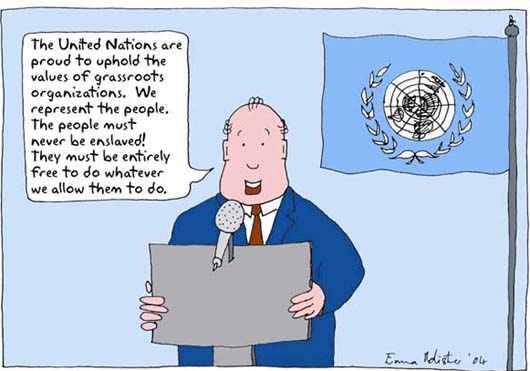
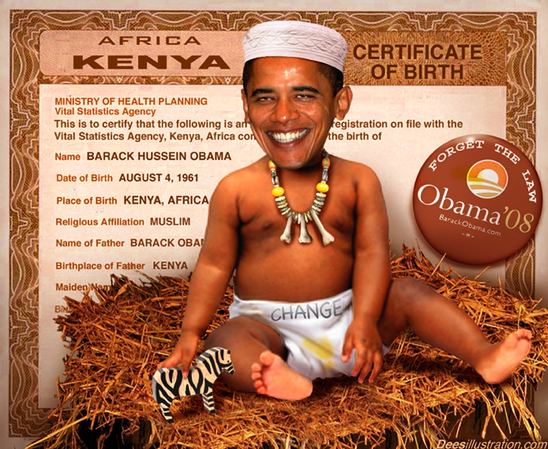







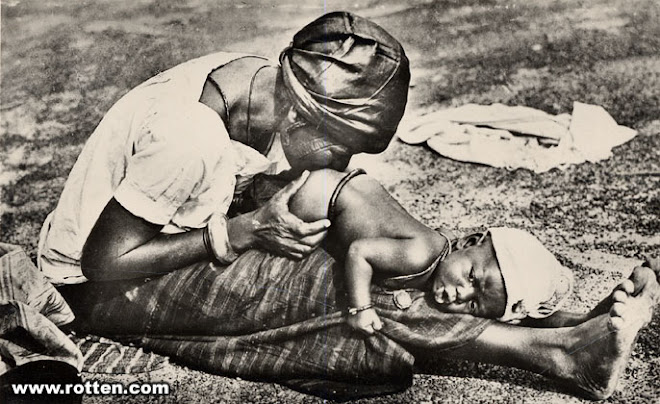

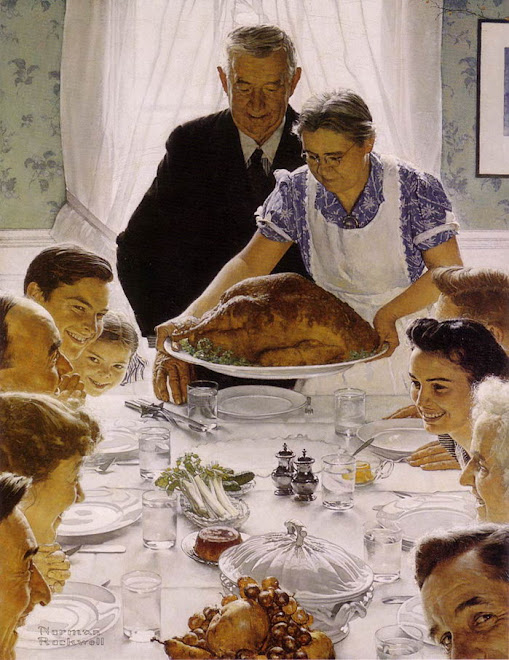













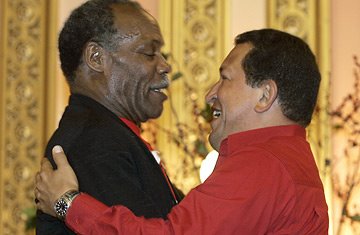


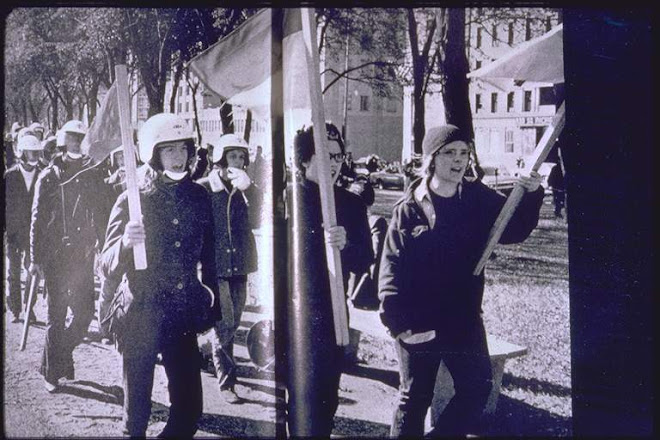
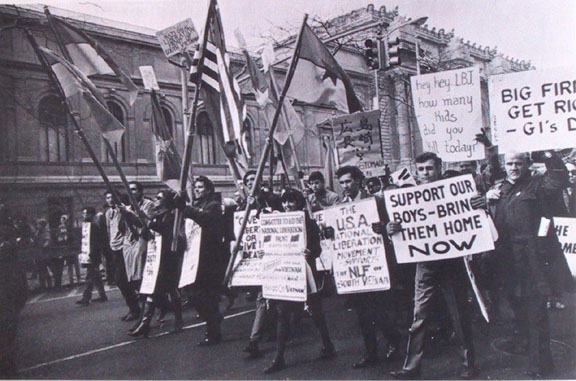
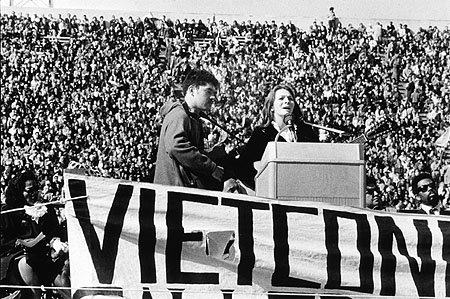





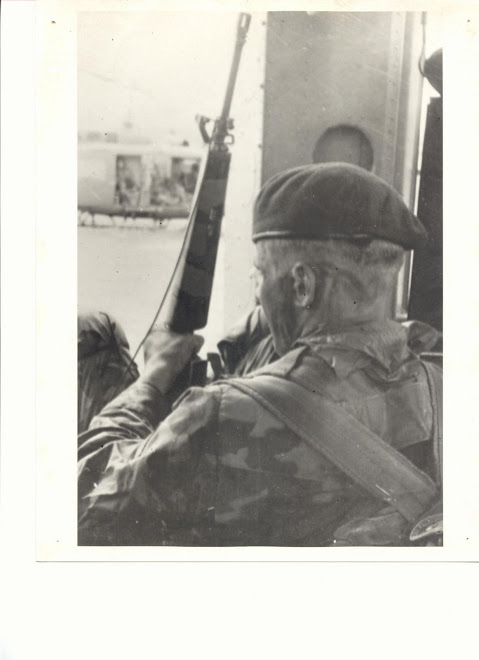






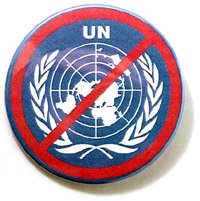




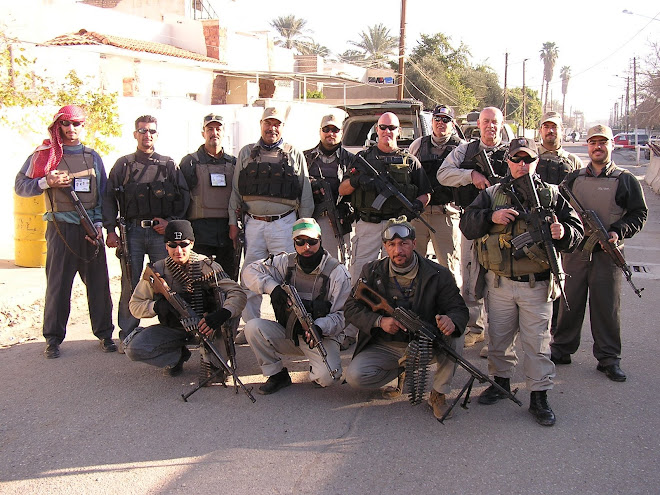
No comments:
Post a Comment